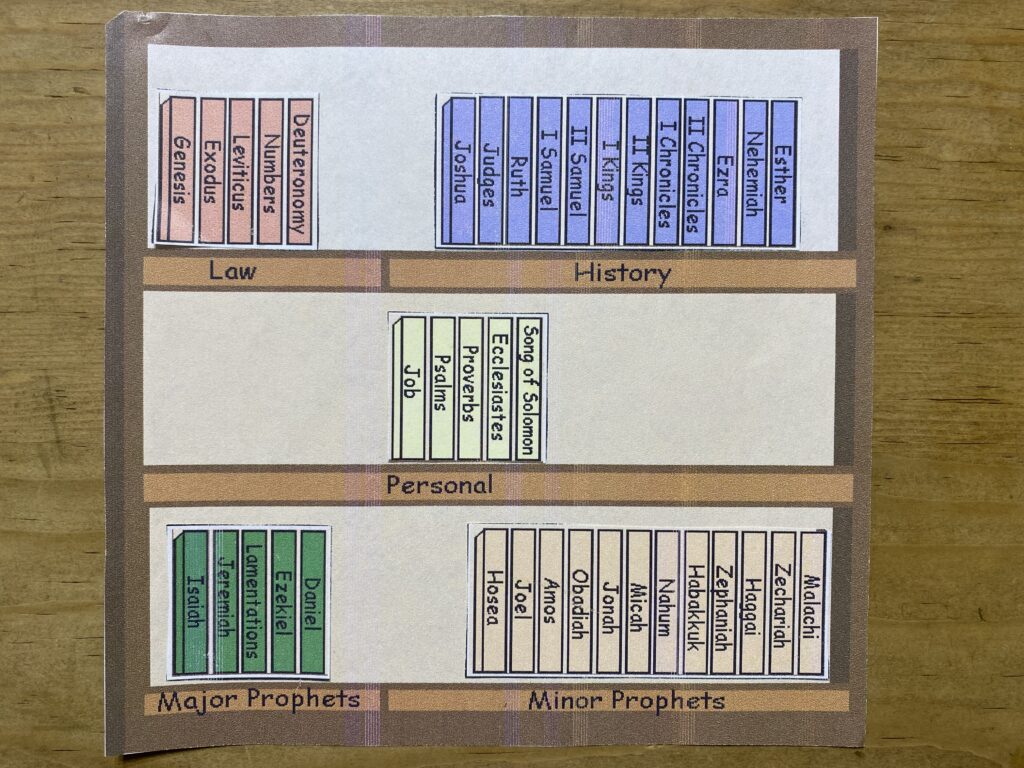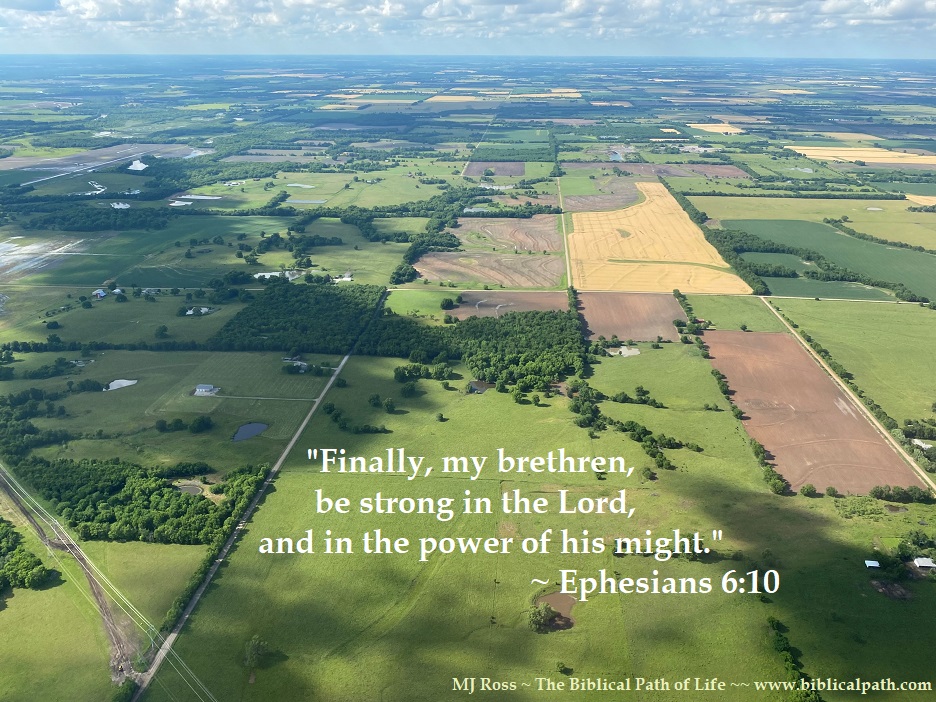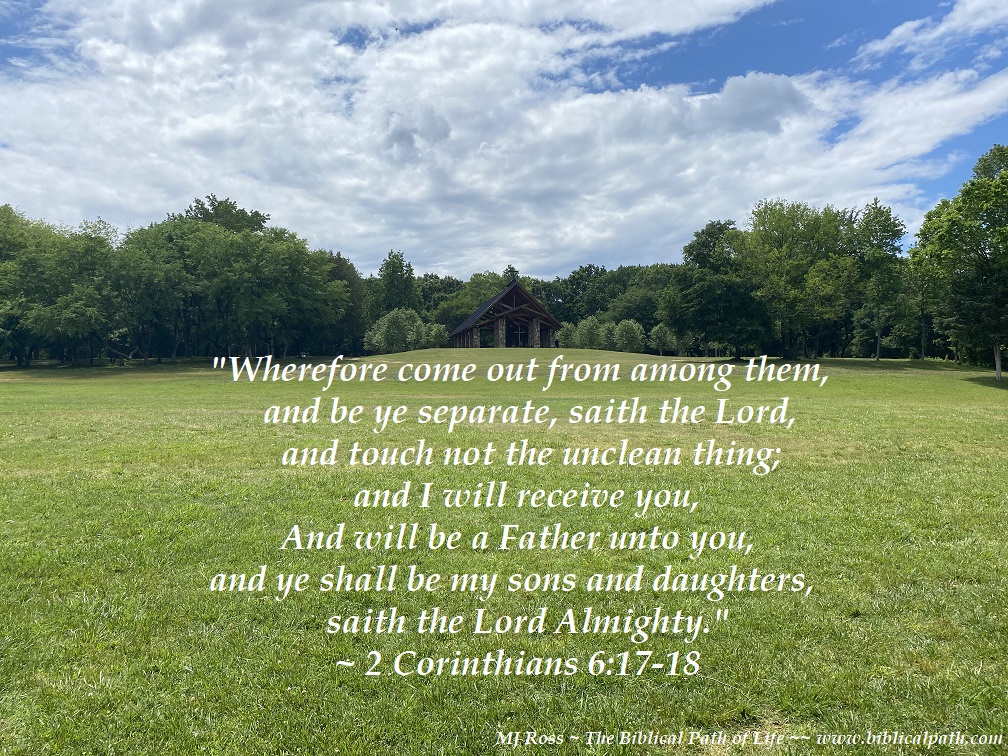
Philippians 2:12
Paul wrote the book of Philippians to a church he had established on his second missionary journey while accompanied by Silas, Timothy, and Luke (see Acts 16). Paul rejoiced after hearing about the church at Philippi and the growth they had experienced, encouraging them to continue growing in Christ. They were to live every part of their lives pleasing to God. A very important part of that was to learn to have the mind of Christ. “Let this mind be in you, which was also in Christ Jesus” (Philippians 2:5). Paul took them to the ultimate example for every Christian: Jesus.
Read the example of Jesus looking upon the need of sinful man instead of Himself. “6. Who, being in the form of God, thought it not robbery to be equal with God: 7. But made himself of no reputation, and took upon him the form of a servant, and was made in the likeness of men: 8. And being found in fashion as a man, he humbled himself, and became obedient unto death, even the death of the cross. 9. Wherefore God also hath highly exalted him, and given him a name which is above every name: 10. That at the name of Jesus every knee should bow, of things in heaven, and things in earth, and things under the earth; 11. And that every tongue should confess that Jesus Christ is Lord, to the glory of God the Father” (Philippians 2:6-11).
Jesus, God, laid down his glory to become in the likeness of man, humbling himself to the death upon the cross for the sins of all mankind. By doing this, anyone has the opportunity to be saved from the penalty of sin – if one would only “confess that Jesus Christ is Lord.” There has never, nor will ever be, a greater selfless act than Jesus’ death upon the cross. Because of Jesus’ obedience to His Father, God, He was lifted up by God, Himself, who “highly exalted him, and given him a name which is above every name.”
Paul believed that the Christians at Philippi needed to be reminded of what Jesus did for them. Paul wanted the Believers to understand the seriousness of the Christian life, and the diligence it takes to live it. Although they had listened to Paul and followed his instructions, it was extremely important that they understood why they were to do the things he had taught them to do. “Wherefore, my beloved, as ye have always obeyed, not as in my presence only, but now much more in my absence, work out your own salvation with fear and trembling” (Philippians 2:12). This verse does not mean that you “work” for your salvation. The words work out means “to accomplish; finish; toil; commit.” Christians are to allow the salvation (that they already have because of Jesus) to be manifested (revealed by how they live Christ-like) in the expression of this new life. It is the actualization of what one already possesses! Christians need to live Christ-like for their own benefit and to encourage non-Believers to want what they have through Christ. See how it is further explained in the following verse. “Beloved, when I gave all diligence to write unto you of the common salvation, it was needful for me to write unto you, and exhort you that ye should earnestly contend for the faith which was once delivered unto the saints” (Jude 1:3). All Christians have to “earnestly contend for the faith” which reveals to us that each one must work diligently to accomplish a faithful Christian life.
What do we understand happens when a Christian works diligently to live a Christ-like life, even through many times of testing? “7. That the trial of your faith, being much more precious than of gold that perisheth, though it be tried with fire, might be found unto praise and honour and glory at the appearing of Jesus Christ: 8. Whom having not seen, ye love; in whom, though now ye see him not, yet believing, ye rejoice with joy unspeakable and full of glory: 9. Receiving the end of your faith, even the salvation of your souls” (1 Peter 1:7-9). Christians understand that at the end of our time here on this earth, we are to desire to be found unto “praise and honour and glory” when we see Jesus.
Would they have to do all of this work on their own? “For it is God which worketh in you both to will and to do of his good pleasure” (Philippians 2:13). God promises that He will work in our lives, helping us to do what is right and pleasing to Him. When you read “both to will,” it is letting us know that it is to be our desire to do what God expects of us. When you read “and to do,” we understand that we are to actually complete what God wants us to accomplish. Once Christians remember that our life is no longer our own, for we have been bought with a price (see 1 Corinthians 6:20), and remember what it was Jesus did to purchase each Christian’s salvation, Christians are to want to live a life pleasing Him.
Have you learned to work out your own salvation with fear and trembling, understanding God will help you?














